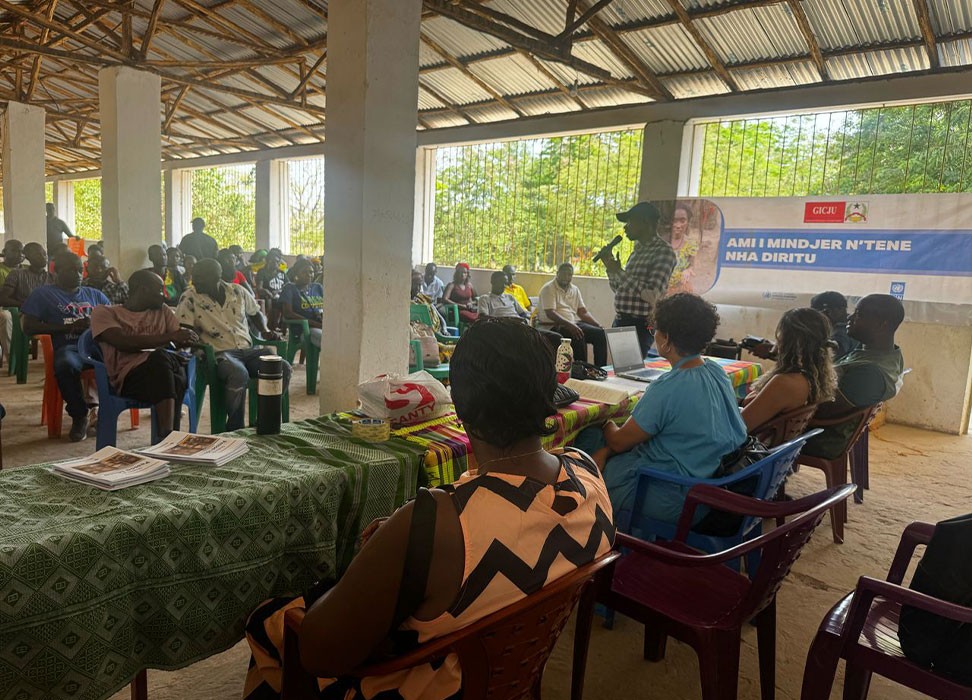
Guinea-Bissau found itself at the centre of international scrutiny on Thursday during its inaugural review by the United Nations Human Rights Committee in Geneva.
The evaluation focused on the country’s compliance with the International Covenant on Civil and Political Rights (ICCPR), a treaty Guinea-Bissau has been party to since 2010.
While government officials presented a report highlighting legislative and administrative measures aimed at upholding the treaty, civil society groups delivered a starkly contrasting account.
Organizations including the Guinean Human Rights League (LGDH), the Bar Association (OAGB), and the Popular Parliament of Guinea-Bissau (PPM-GB) submitted a parallel report detailing persistent and escalating human rights violations between 2020 and 2025.
Their findings painted a troubling picture of systemic repression, citing widespread police brutality, arbitrary arrests, torture, corruption, gender-based violence, and the erosion of essential public services.
Altogether, 48 recommendations were tabled, urging urgent action on issues such as freedom of expression, prohibition of torture, gender equality, and the prevention of early and forced marriages.
Edmar Nhaga, vice president of the LGDH, underscored the historic importance of the UN review amid what he described as a steady decline in civil liberties.
“We are facing a regime that, since coming to power, has consistently violated both our Constitution and the international covenant,” Nhaga stated. “Freedom of expression and protest has been stifled, and human rights abuses have become systemic.”
Nhaga also highlighted the potential influence of the UN’s diplomatic leverage, despite the committee’s lack of coercive authority.
“Development aid flowing into Guinea-Bissau should be made conditional on the respect for human rights commitments under the ICCPR,” he said.
However, the bold participation of civil society activists in Geneva has sparked fears for their safety.
Nhaga revealed credible threats emanating from within the government against those involved in the session. “We have confirmed through internal sources that there are real threats against those of us who participated in the session,” he warned.
“We fear for our lives, but we will not allow fear to silence our advocacy.”
The UN Human Rights Committee is expected to release its concluding observations in the coming weeks.
Though not legally binding, these recommendations carry significant diplomatic weight, influencing how international partners and donors evaluate Guinea-Bissau’s human rights record.
For Guinea-Bissau, this landmark review could represent a critical juncture—either prompting reforms or deepening its isolation on the world stage if the government fails to respond adequately.



